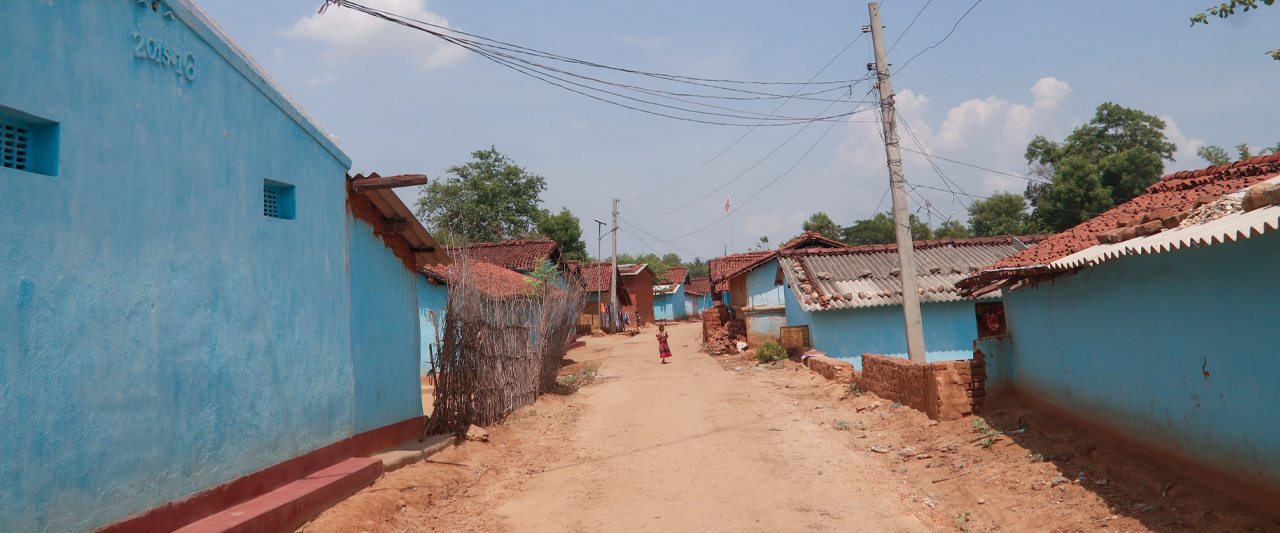It’s been nearly a year since the World Health Organization officially declared COVID-19 a global pandemic—a crisis that has disrupted the lives and educations of millions of school-aged children. Even before the pandemic, an estimated 263 million children were not in school, a number that undoubtedly has grown due to school closures to slow the spread of the virus.
As governments take steps to mitigate the impact of COVID-19 on children and young people, it is crucial that they ensure access to out-of-school comprehensive sexuality education (CSE) programs. Cecilia Espinoza, Ipas senior advocacy advisor, says many children and young people, especially girls, will not return to school after the pandemic, making access to out-of-school sexuality education and services even more urgent. UNESCO estimated last July that about 24 million learners, from pre-primary to university level, were at risk of not returning to school in 2020 because of COVID-19 disruptions. “If there is no access to CSE, especially during this crisis, it will create additional vulnerabilities,” Espinoza says.
Recently-released guidance from the United Nations Population Fund (UNFPA) is designed to help governments, community-based organizations and others fulfill the urgent need for non-formal, out-of-school CSE programs. The guidance has information on how to develop and implement “evidence-based, culturally responsive, age- and developmentally appropriate” CSE programs for specific groups of young people—including young people living in humanitarian settings, young people with disabilities, and young gay, lesbian, bisexual and gender non-binary/nonconforming people. There also are recommendations for ways to involve parents, guardians and peer educators.
Even though the new guidance does not include specific content on abortion, Espinoza says it will help to advance access to CSE and is designed to be used in tandem with the revised edition of International Technical Guidance on Sexuality Education published by the UN in 2018. That guidance included significant recommendations on abortion, as well as evidence showing that comprehensive sexuality education reduces unintended pregnancy and unsafe abortion.
Noting that the 2018 guidance called for young people to receive information on the abortion laws and policies that affect them and the serious health risks posed by unsafe abortion, Espinoza says it is essential for CSE programs to include age-appropriate and evidence-based information on contraception and abortion.
Children and young people need to see their experiences reflected in the content of CSE programs, so that is relevant to their reality and their needs. Silencing or omitting discussion of abortion and contraception contributes to stigma, shame and ignorance, and may increase risk-taking.”
Despite the opposition from many quarters to including CSE in school curricula, Espinoza says more and morecountries are developing comprehensive curricula and are using the UN guidance to assess their existing programs. “But,” she says, “more work is needed to ensure access to CSE to all young people, especially when so many of them are at risk of not returning to school.”



